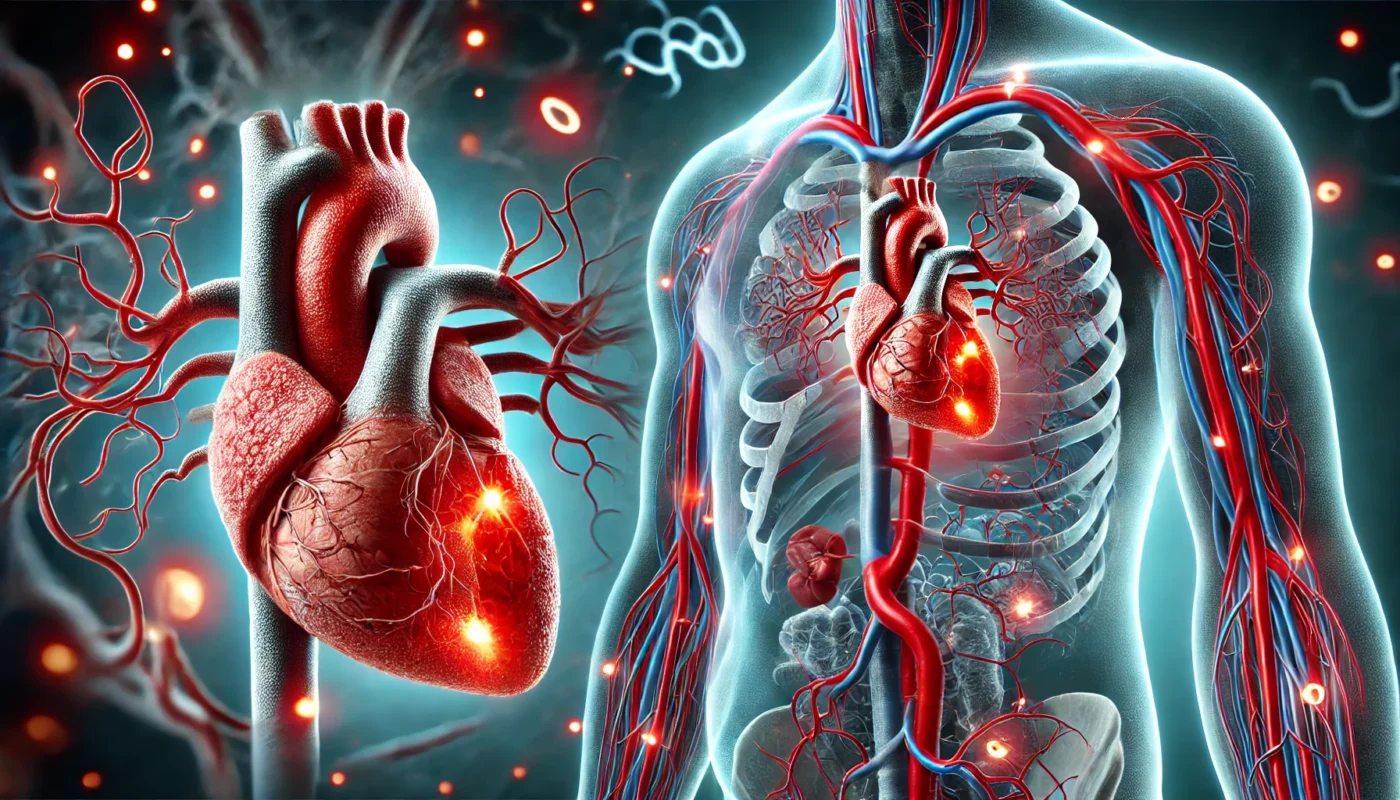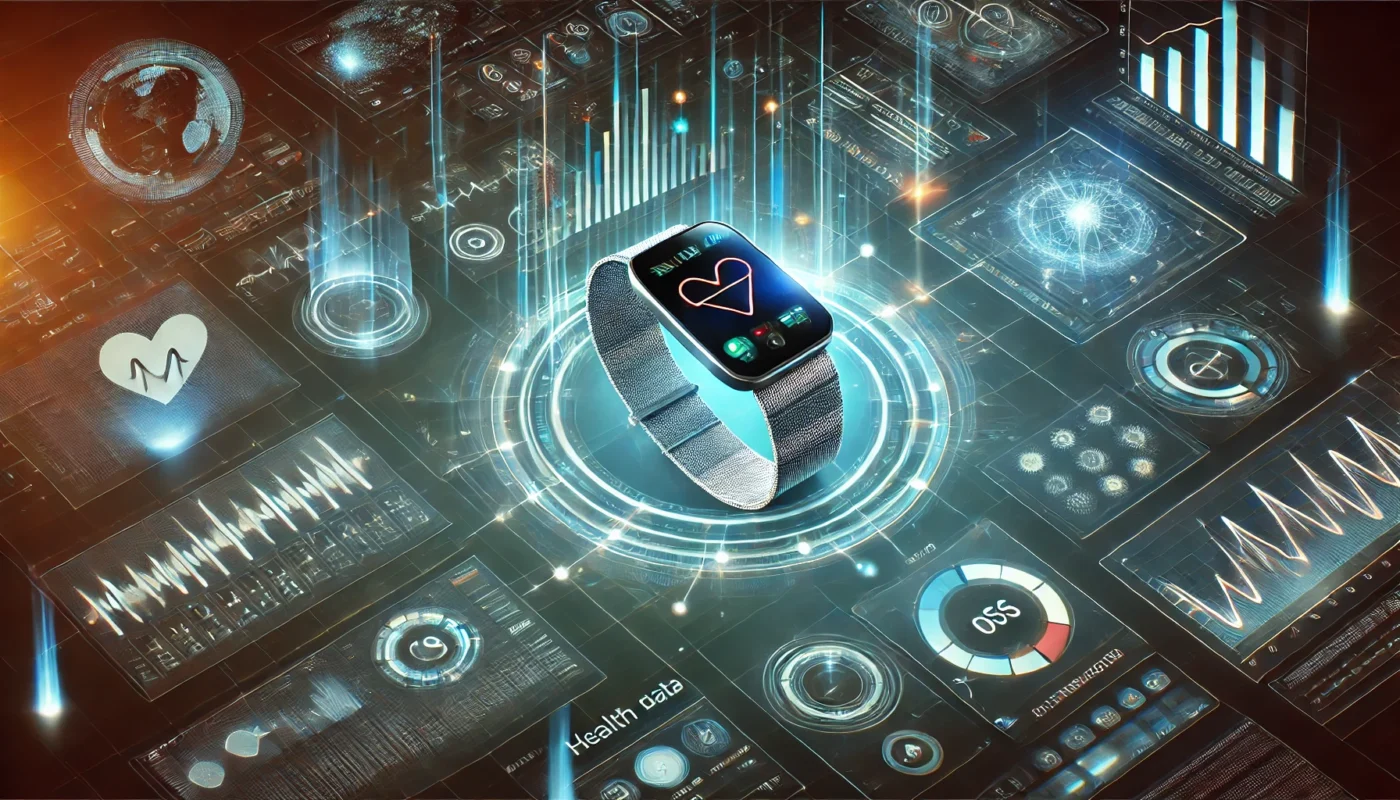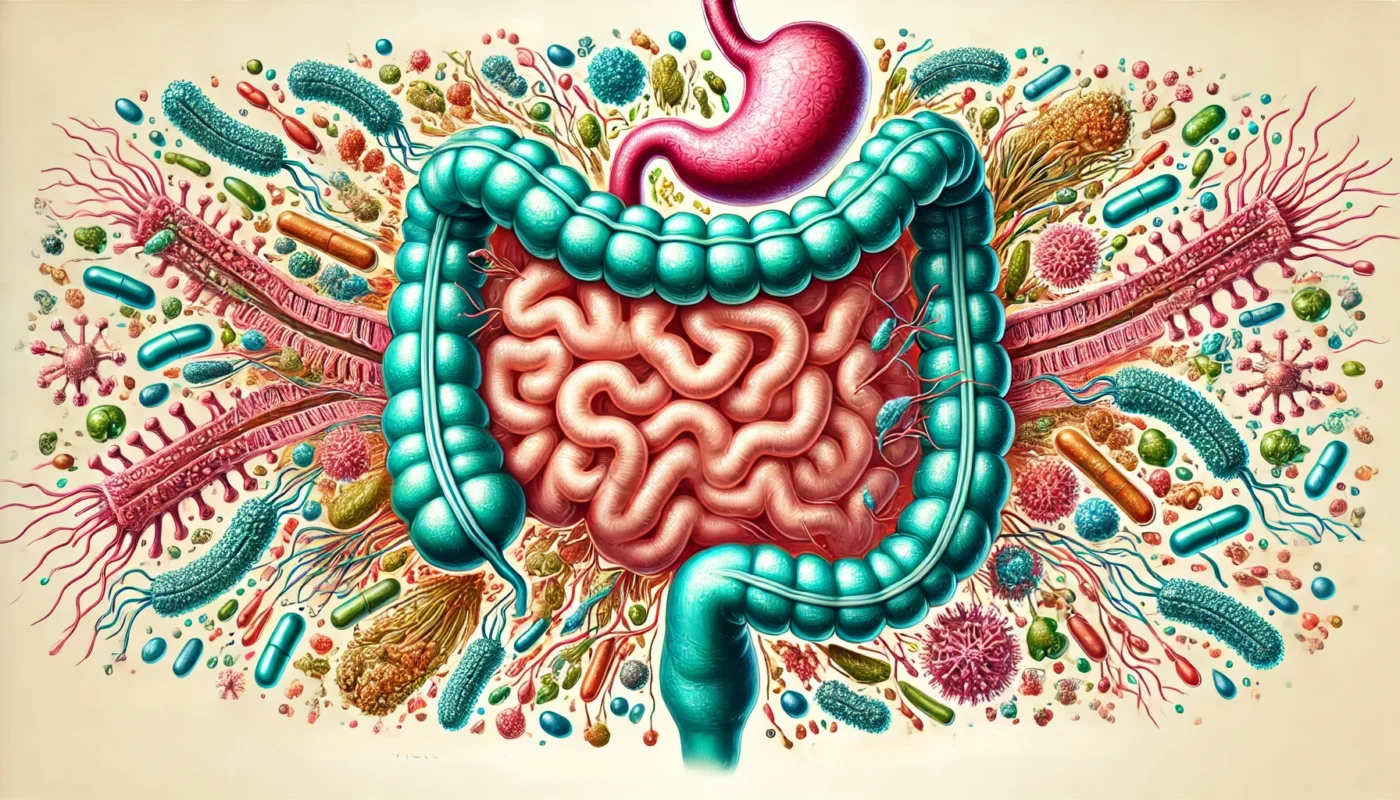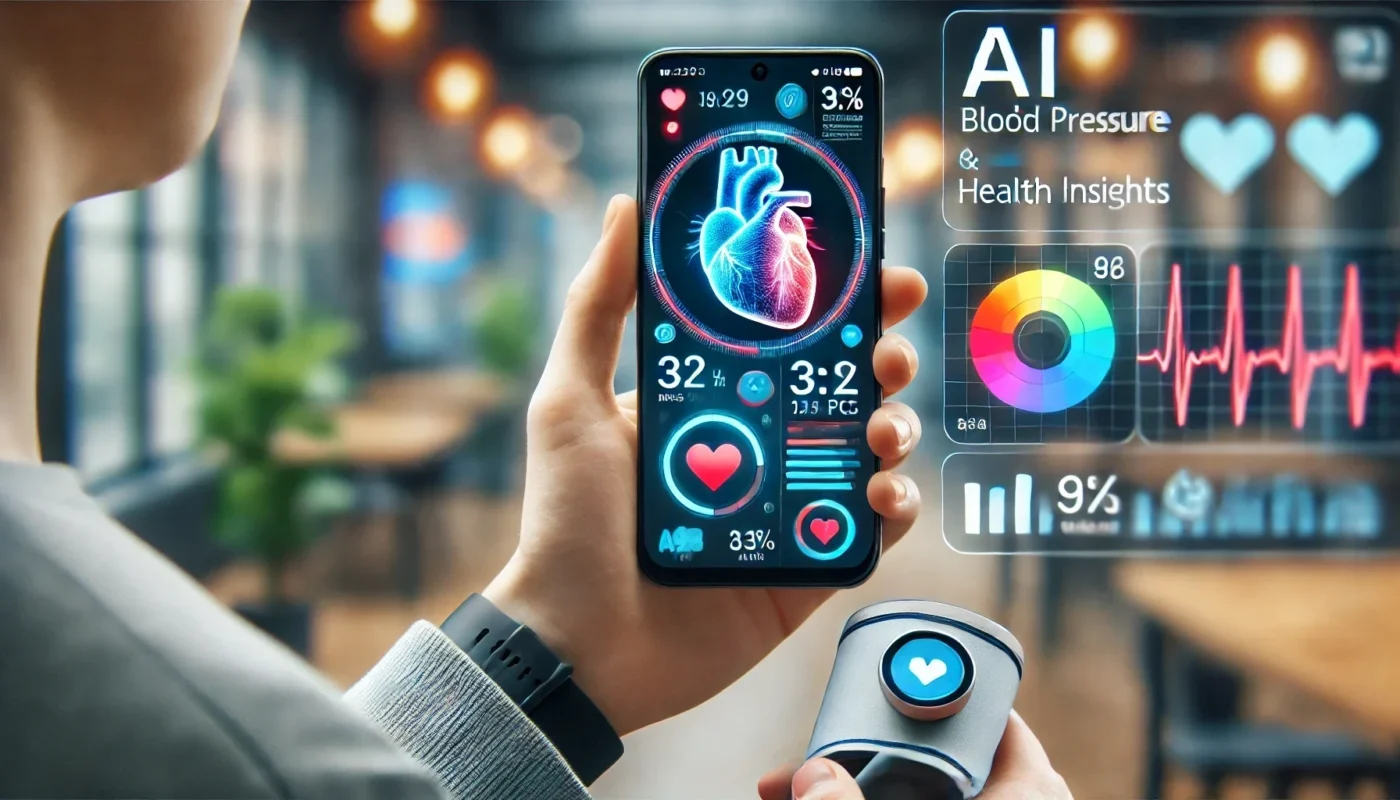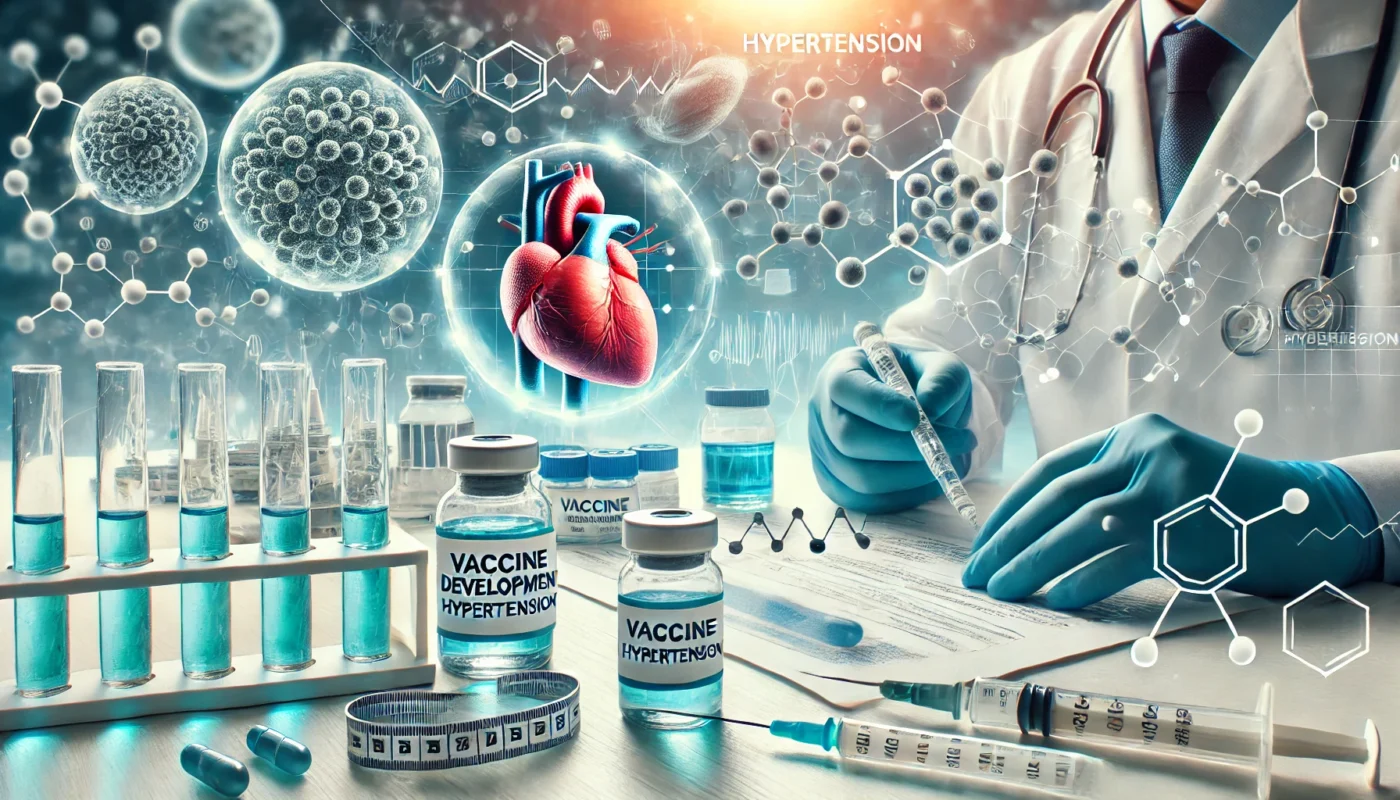Inflammation is a natural and essential process that helps the body heal and fight off infections. When an injury or pathogen triggers this response, the immune system releases various chemicals to protect the affected area. These chemicals increase blood flow, causing redness, warmth, and swelling. While acute inflammation is beneficial, chronic inflammation can be detrimental, leading to various health issues, including hypertension.
Tag Archives: Hypertension
Hypertension, or high blood pressure, is a leading global health concern that affects nearly 1.28 billion people worldwide, according to the World Health Organization (WHO). Left untreated, hypertension significantly increases the risk of heart attack, stroke, kidney failure, and other serious conditions. Despite the availability of effective medications and lifestyle interventions, many individuals struggle to control their blood pressure, underscoring the need for innovative solutions. Recent breakthroughs in hypertension treatment offer promising new strategies for managing this chronic condition. This article reviews cutting-edge research and developments in hypertension care, from advanced medications to novel technological approaches.
Hypertension, or high blood pressure, is often referred to as the “silent killer” because it typically has no noticeable symptoms but poses significant risks for heart disease, stroke, and kidney failure. According to the World Health Organization (WHO), hypertension affects more than 1.28 billion adults worldwide. Early detection and consistent management are critical for preventing complications, and wearable technology is emerging as a game-changer in this arena. Wearable devices offer real-time blood pressure monitoring, data-driven insights, and personalized health recommendations, empowering users to take control of their cardiovascular health. This article explores the best wearable devices for tracking and managing hypertension, the technology behind them, and how they integrate with broader health strategies.
Hypertension, commonly referred to as high blood pressure, is a major public health concern and a leading contributor to cardiovascular diseases, stroke, and kidney failure. Traditional approaches to hypertension management include dietary modifications, physical activity, and medications. However, emerging research suggests that the gut microbiome—the diverse community of microorganisms residing in the human digestive tract—may play a pivotal role in blood pressure regulation. This article explores the science behind microbiome-based therapies, including the potential of probiotics and other microbiome-targeted interventions, to determine whether these approaches represent a credible new frontier or mere speculation.
Hypertension, or high blood pressure, is a global health challenge affecting over 1.28 billion adults, according to the World Health Organization (WHO). Its status as a leading risk factor for heart disease, stroke, and kidney failure underscores the need for effective management strategies. Traditional methods of monitoring blood pressure, such as periodic clinical readings or at-home cuff devices, often fall short in providing the continuous, personalized insights needed for optimal care. Enter artificial intelligence (AI)—a technological revolution poised to transform hypertension management. This article explores how AI is reshaping blood pressure monitoring, enabling personalized care, improving outcomes, and addressing the unique challenges of managing hypertension in the 21st century.
Hypertension, commonly known as high blood pressure, affects nearly half of the global adult population, making it one of the most prevalent chronic conditions worldwide. Defined as blood pressure consistently at or above 130/80 mmHg, hypertension is a leading risk factor for heart disease, stroke, and kidney failure. While medications and lifestyle changes like diet and exercise are the cornerstone of hypertension management, natural remedies, including herbal supplements, essential oils, and other alternative approaches, have gained significant interest. This article provides a fact-based review of natural remedies for hypertension, exploring their effectiveness, scientific support, and potential limitations.
Hypertension, or high blood pressure, is a chronic condition that affects over 1.28 billion adults globally, according to the World Health Organization (WHO). Defined as consistently elevated blood pressure of 130/80 mmHg or higher, hypertension significantly increases the risk of heart disease, stroke, and kidney failure. While medications play a crucial role in managing severe hypertension, regular exercise is one of the most effective non-pharmacological interventions for improving cardiovascular health and lowering blood pressure safely. However, it’s essential for individuals with hypertension to choose appropriate fitness routines tailored to their health status.
Hypertension, or high blood pressure, is a prevalent and serious health condition affecting over 1.28 billion people globally, according to the World Health Organization (WHO). Characterized by persistently elevated blood pressure levels of 130/80 mmHg or higher, hypertension increases the risk of cardiovascular diseases, kidney failure, and stroke. While medication is often prescribed to manage the condition, many individuals can make significant improvements by adopting healthier daily habits. This article explores evidence-based routines that can help lower blood pressure naturally and support long-term cardiovascular health.
Hypertension, or high blood pressure, is a widespread health condition affecting nearly one in three adults worldwide, according to the World Health Organization (WHO). Often called the “silent killer,” hypertension can lead to severe complications such as heart disease, stroke, and kidney failure if left unmanaged. While medication and dietary changes are critical in managing hypertension, incorporating relaxing and fulfilling hobbies into daily life can also significantly lower stress and blood pressure. This article explores how leisure activities like gardening, painting, and reading contribute to better heart health and offers tips on integrating these practices into your lifestyle.
Hypertension, or high blood pressure, is a major global health concern, affecting over 1.28 billion people worldwide according to the World Health Organization (WHO). It significantly increases the risk of heart disease, stroke, and kidney failure, leading to millions of preventable deaths annually. Despite advancements in treatment and lifestyle interventions, hypertension remains a challenging condition to manage due to its asymptomatic nature and the lifelong commitment required for adherence to medications. The concept of a vaccine to prevent or manage hypertension has emerged as a groundbreaking idea in medical research, sparking both excitement and skepticism. Could such a vaccine be the future of hypertension management, or is it merely a distant dream?

